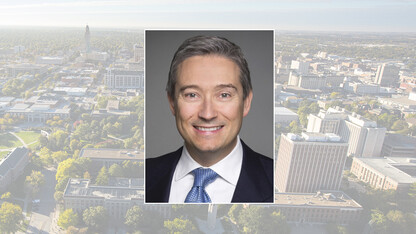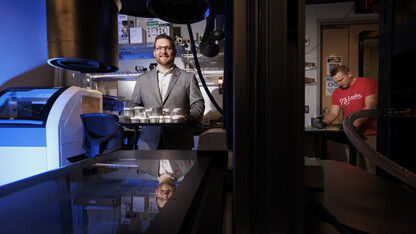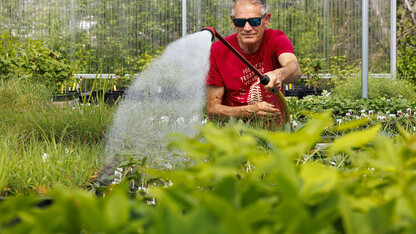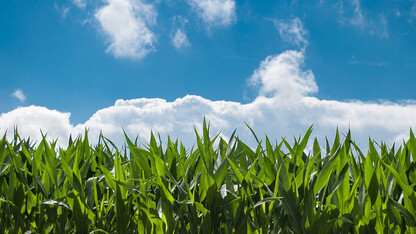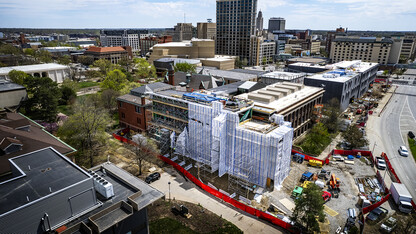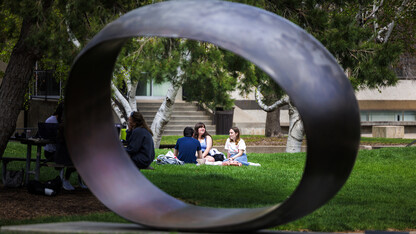· 3 min read
Agronomy and Horticulture Seminar Series starts Sept. 11
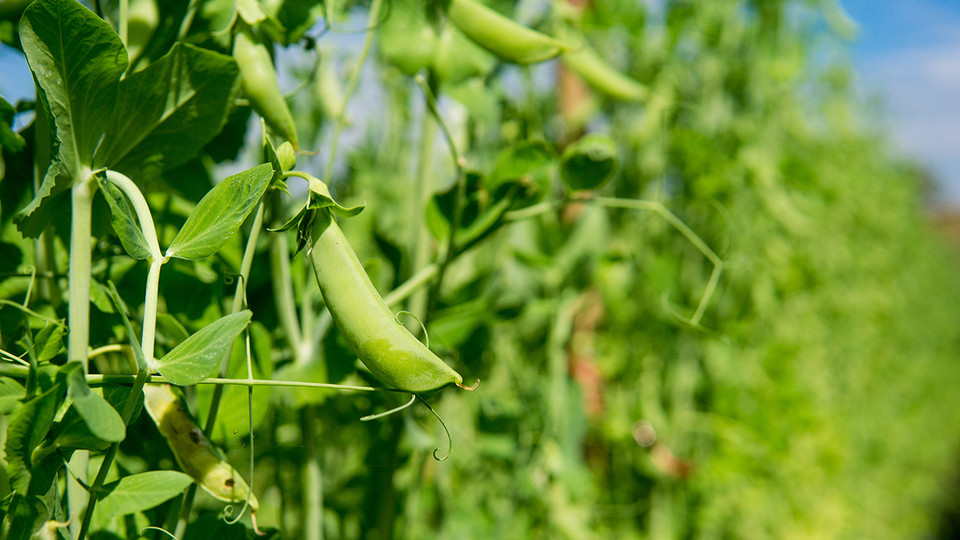
The fall 2020 Agronomy and Horticulture Seminar Series begins Sept. 11 with “Physiological and molecular perspective on seed development under higher temperatures,” presented by Puneet Paul, and “Organic Carbon Materials for Nutrient Retention in Nebraska Soils,” by Nebraska’s Jennifer Cooper.
Paul, postdoctoral research associate of agronomy and horticulture at the University of Nebraska–Lincoln, will present on climate change, especially the rising temperatures and how it threatens crop productivity.
Cooper, postdoctoral research associate of agronomy and horticulture at Nebraska, will talk about proposed mechanisms for retention of nutrients on organic carbon surfaces with the aid of iron using advanced nanoscopy techniques.
This seminar will be streamed and recorded. The series will continue every Friday. The following presentations are as follows:
Sept. 18: “Genetic and Environmental Regulation of Meiotic Recombination” presented by Gregory Copenhaver, professor and associate chair, Department of Biology, University of North Carolina at Chapel Hill.
Sept. 25: “Who’s Learning From Who? Integrating Farmer Perspectives into Research and the Classroom” presented by Randa Jabbour, associate professor of agroecology, Department of Plant Sciences, University of Wyoming, Laramie.
Oct. 2: “A Machine Learning-based Framework to Prioritize Genes With Phenotypic Impact” presented by James Schnable, associate professor, Charles O. Gardner Professor of Maize Quantitative Genetics, Department of Agronomy and Horticulture, University of Nebraska–Lincoln.
Oct. 9: “Sites and Sounds of MicroRNA160 in Soybean Roots and Nodules Revealed by Quantitative Imaging” presented by Senthil Subramanian, associate professor, graduate coordinator, South Dakota State University, Brookings.
Oct. 16: “Strategies for Sustainable Agriculture: Challenges and Opportunities” presented by Kusum Naithani, assistant professor of landscape ecology, Department of Biological Sciences, University of Arkansas, Fayetteville.
Oct. 23: “Using Economic Experiments to Study Human Behavior Under Farmland Conservation Programs” presented by Simanti Banerjee, associate professor, Department of Agricultural Economics, University of Nebraska–Lincoln.
Oct. 30: “A Paradigm Shift in the Mode of Action of Glufosinate” presented by Hudson Takano, Herbicide Mode of Action Scientist, Corteva Agriscience, Indiana.
Nov. 6: “Controlled Environment and Urban Agriculture: Horticulture for the 21st Century” presented by Ellen Paparrozi, plantologist and professor of horticulture, Department of Agronomy and Horticulture, University of Nebraska–Lincoln.
Nov. 13: “(Some of) The Economics of Agricultural Innovation,” presented by Julian Alston, Distinguished Professor, Department of Agricultural and Resource Economics, director of the Robert Mondavi Institute Center for Wine Economics, University of California, Davis.
Nov. 20: “Soil and Nutrient Management in Nebraska Panhandle” presented by Bijesh Maharjan, assistant professor and extension specialist, Department of Agronomy and Horticulture, University of Nebraska–Lincoln, Panhandle Research and Extension Center, Scottsbluff.
Dec. 4: “Genetic Gain, Genetic Diversity, and Genomic Selection, Can Plant Breeders Have It All?” presented by Jessica Rutowski, assistant professor of small grains breeding, University of Illinois at Urbana-Champaign.
Dec. 11: “Recent Advances in Understanding Synthetic Auxin Herbicide Resistance in Weeds” presented by Todd Gaines, associate professor of molecular weed science, Department of Agricultural Biology, Colorado State University, Fort Collins.

